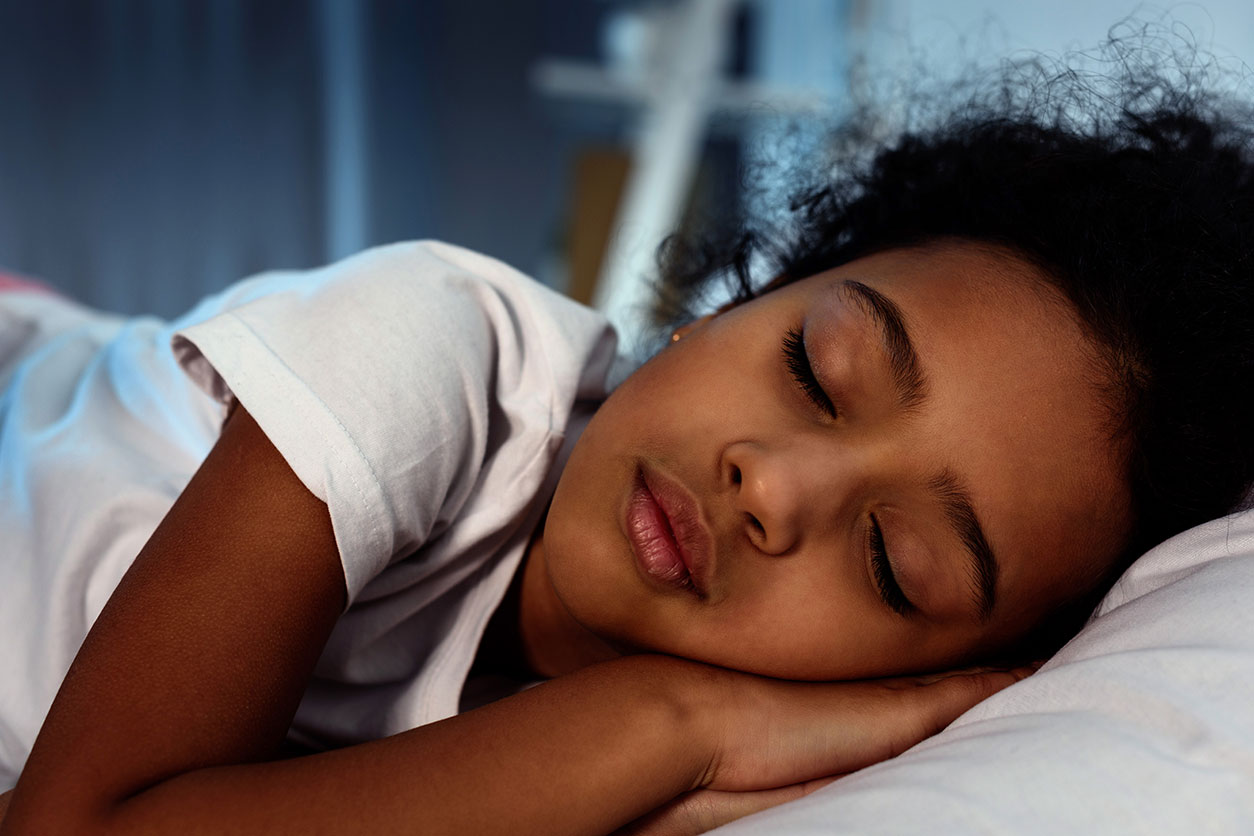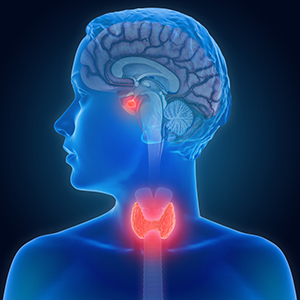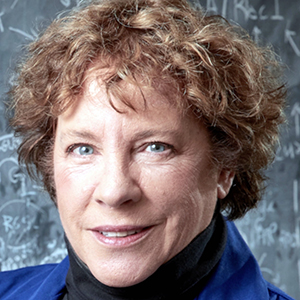A small clinical study in adolescents found that a single night of disruptive sleep did not reduce the body’s ability to produce growth hormone. Growth hormone is produced in the pituitary gland, which is located at the base of the brain, and its secretion is an important regulator of growth, metabolism, and muscle mass in children. Growth hormone is typically released in children primarily during sleep, but smaller amounts are released during the day.
Given the rising rates of disrupted sleep among adolescents and noisy environments, NIEHS researchers sought to determine whether sleep disruption during childhood would decrease growth hormone secretion.
 The paper builds off previous research by Shaw and colleagues that showed that disruption of deep sleep did not affect pubertal children’s reproductive hormones. (Photo courtesy of Lightfield Studios / Shutterstock.com)
The paper builds off previous research by Shaw and colleagues that showed that disruption of deep sleep did not affect pubertal children’s reproductive hormones. (Photo courtesy of Lightfield Studios / Shutterstock.com)“This study’s findings offer some good news for parents,” said Natalie Shaw, M.D., head of the Pediatric Neuroendocrinology Group at NIEHS and lead author of the new study, which was published in the Journal of the Endocrine Society. “Parents don’t have to worry too much that an occasional night of disrupted sleep is going to hurt their child’s growth.”
However, Shaw cautioned that the study was relatively small, and more research needs to be done to see if multiple nights of disrupted sleep would have the same results. The study did not focus on sleep deprivation or sleep disorders.
Monitoring sleep patterns
 Shaw holds a secondary appointment in the NIEHS Reproductive and Developmental Biology Laboratory. (Photo courtesy of Steve McCaw / NIEHS)
Shaw holds a secondary appointment in the NIEHS Reproductive and Developmental Biology Laboratory. (Photo courtesy of Steve McCaw / NIEHS)The study, which was conducted at Massachusetts General Hospital, included seven girls and seven boys, ages 11-14 years, who had started puberty. The participants were not on any medications known to interfere with sleep, growth, or puberty, and had no known sleep disorders.
Researchers used polysomnography to monitor participants’ sleep patterns throughout the night. They also drew blood samples using a long IV line every 10 minutes to measure growth hormone levels. Each participant went through two sleep studies, spaced two months apart, one with and one without sleep disruption. During sleep disruption nights, loud sounds were delivered by a bedside speaker when the participant entered slow-wave sleep, the deepest form of sleep. The sounds used to disturb the sleep participants ranged from quiet, simulated door knocking to louder sounds comparable to a garbage truck.
An unexpected finding
The scientists found there were no differences in growth hormone secretion between the two study nights, including the number of growth hormone pulses and their amplitude or size. Shaw was surprised that the participants all woke the next morning feeling refreshed, without any memory of being woken from a deep sleep. There were also no differences in morning vital signs or cortisol levels, suggesting that sleep disruption had not created stress.
“This finding was unexpected given the traditional view that undisturbed deep sleep is needed for growth hormone secretion to occur,” Shaw said. “We thought we would see drops in growth hormone when deep sleep was disturbed, but we did not.”
This paper builds off an earlier paper in which the researchers found that disrupting deep sleep did not affect pubertal children’s reproductive hormones.
Citations:
Calvert ME, Molsberry SA, Kangarloo T, Amin MR, Genty V, Faghih RT, Klerman EB, Shaw ND. 2022. Acute sleep disruption does not diminish pulsatile growth hormone secretion in pubertal children. J Endocr Soc 6(11):bvac146.
Shaw ND, Butler JP, Nemati S, Kangarloo T, Ghassemi M, Malhotra A, Hall JE. 2015. Accumulated deep sleep is a powerful predictor of LH pulse onset in pubertal children. J Clin Endocrinol Metab 100(3):1062−1070.
(Robin Mackar is a writer and media relations coordinator in the NIEHS Office of Communications and Public Liaison.)









